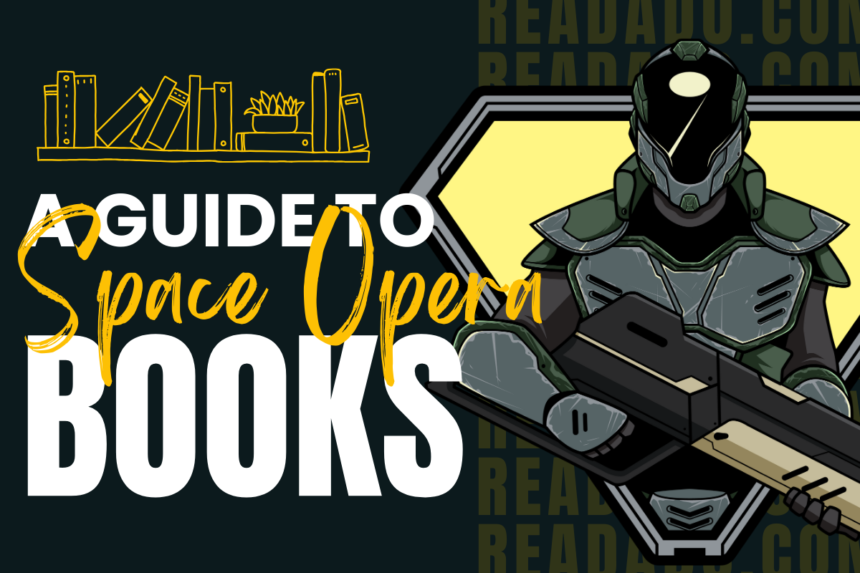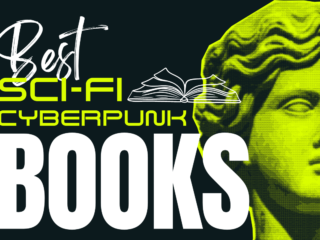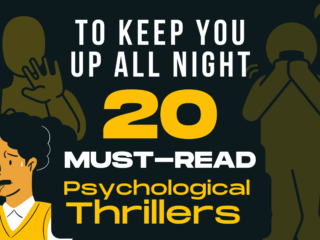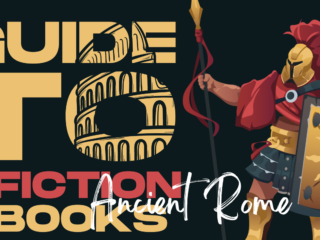Calling all spacefarers and sci-fi enthusiasts!
Are you ready to embark on a thrilling adventure that transcends the boundaries of our galaxy?
Look no further than the captivating world of space opera books.
Space operas offer a grand spectacle, transporting readers to vast interstellar empires, introducing them to larger-than-life heroes, and pitting them against galactic threats.
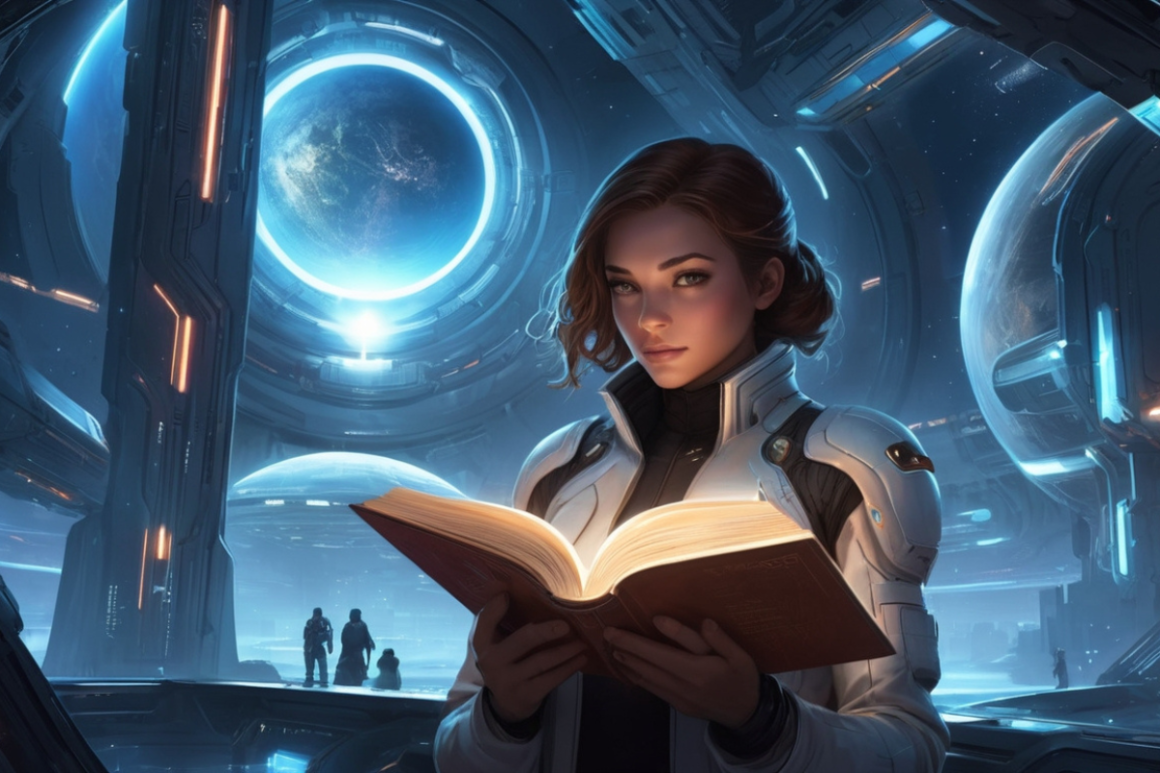
This genre is a celebration of wonder, brimming with dazzling technology, epic space battles, and exploration of the unknown.
In this comprehensive guide, we’ll delve into the heart of space opera, exploring its key characteristics, iconic classics, and the latest gems captivating modern readers.
So, buckle up and prepare to be launched into a universe brimming with boundless possibilities!
What are Space Opera Books?
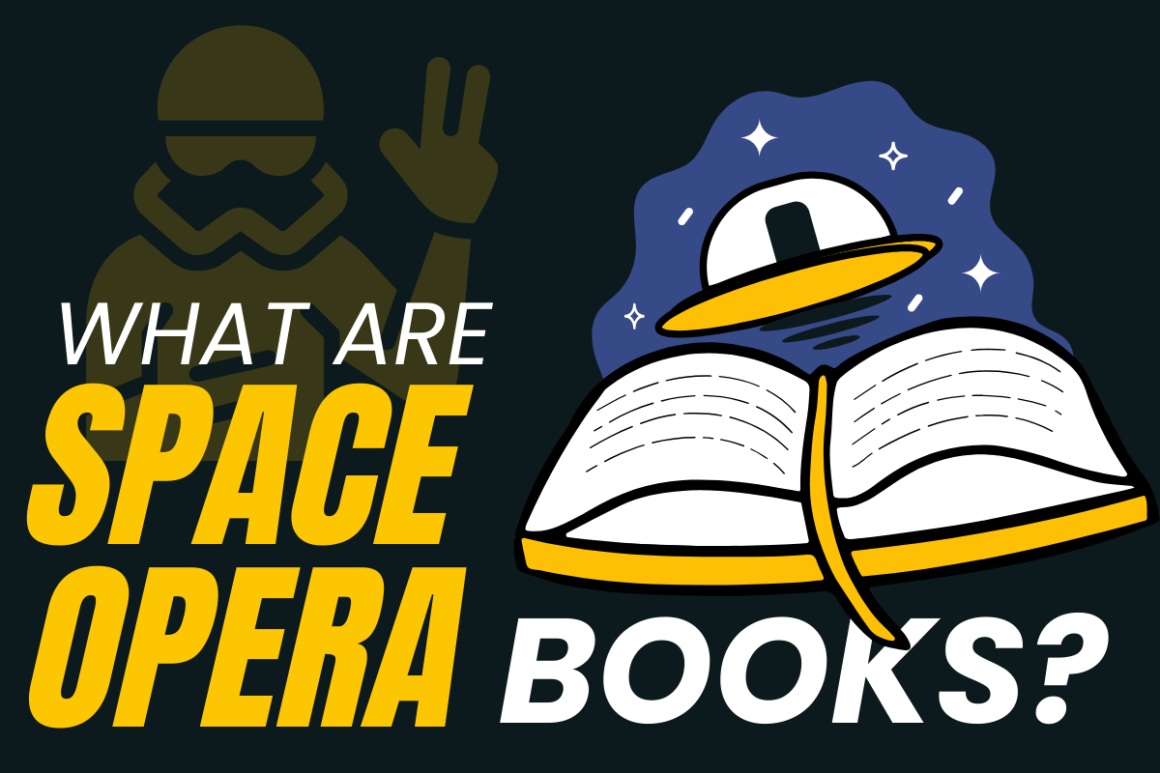
Space opera is a subgenre of science fiction characterized by its grand scale, optimistic outlook, and thrilling adventures. These stories often borrow elements from space westerns, opera (in terms of drama and scale), and traditional adventure stories.
Here are some key features that define space operas:
- Galactic Empires: The stories typically take place within vast interstellar empires with diverse alien species, complex political structures, and advanced technology.
- Heroic Protagonists: Space operas often feature courageous heroes – rogues, rebels, or even spacefaring nobility – who embark on quests and face down galactic threats.
- Sense of Wonder: The writing style emphasizes a sense of awe and wonder, showcasing the vastness and beauty of space alongside the incredible possibilities of advanced technology.
- Space Battles: Epic space battles with starships, lasers, and other futuristic weaponry are a hallmark of the genre.
- Black and White Morality: Space operas often have a clear distinction between good and evil, with the heroes fighting against tyrannical empires or malevolent alien forces.
Key Elements of Space Opera
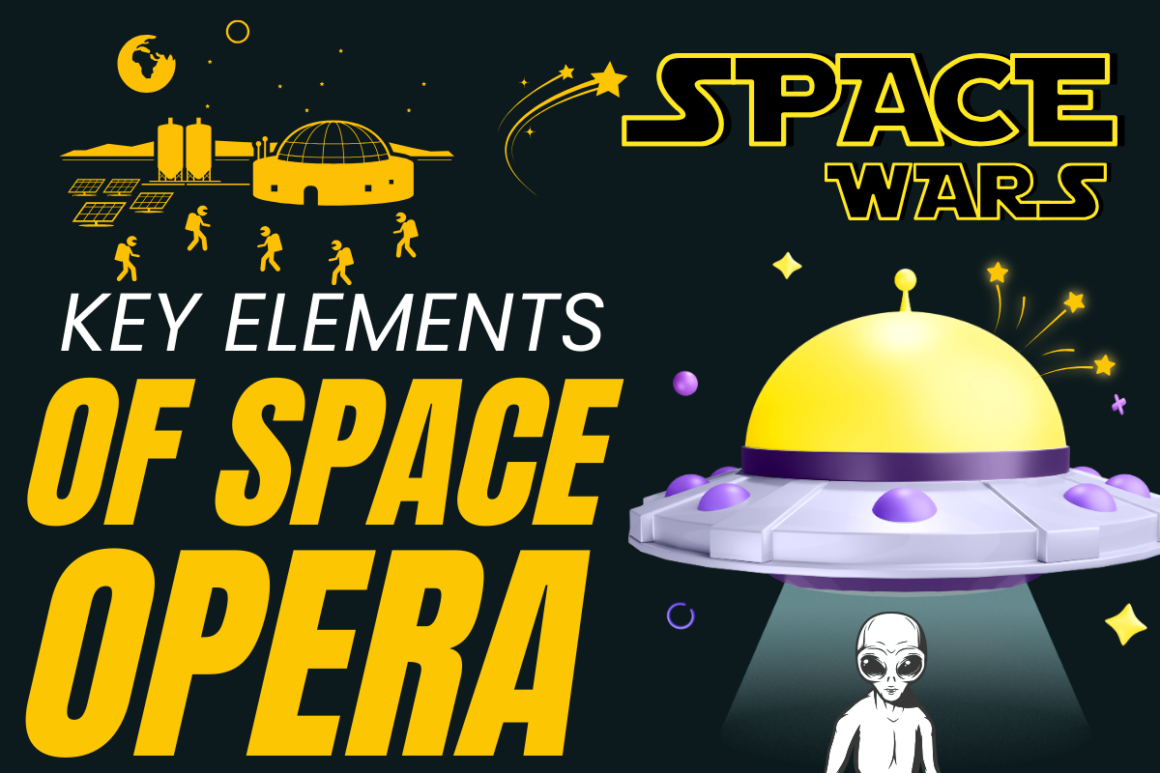
Several key elements contribute to the captivating nature of space opera:
- World-Building: Space operas meticulously craft expansive and intricate galactic settings. From bustling spaceports to ancient alien ruins, these worlds come alive with rich details and diverse cultures.
- Technological Advancements: Faster-than-light travel, sentient AI companions, and powerful weaponry are just some of the technological marvels that fuel the adventures within space operas.
- Spacefaring Races: Diverse alien species, each with their unique cultures, motivations, and physical characteristics, create a vibrant and dynamic galactic community.
- Exploration and Discovery: Space operas often involve venturing into uncharted territories, encountering new civilizations, and uncovering long-lost secrets.
Must-Read Classics of Space Opera
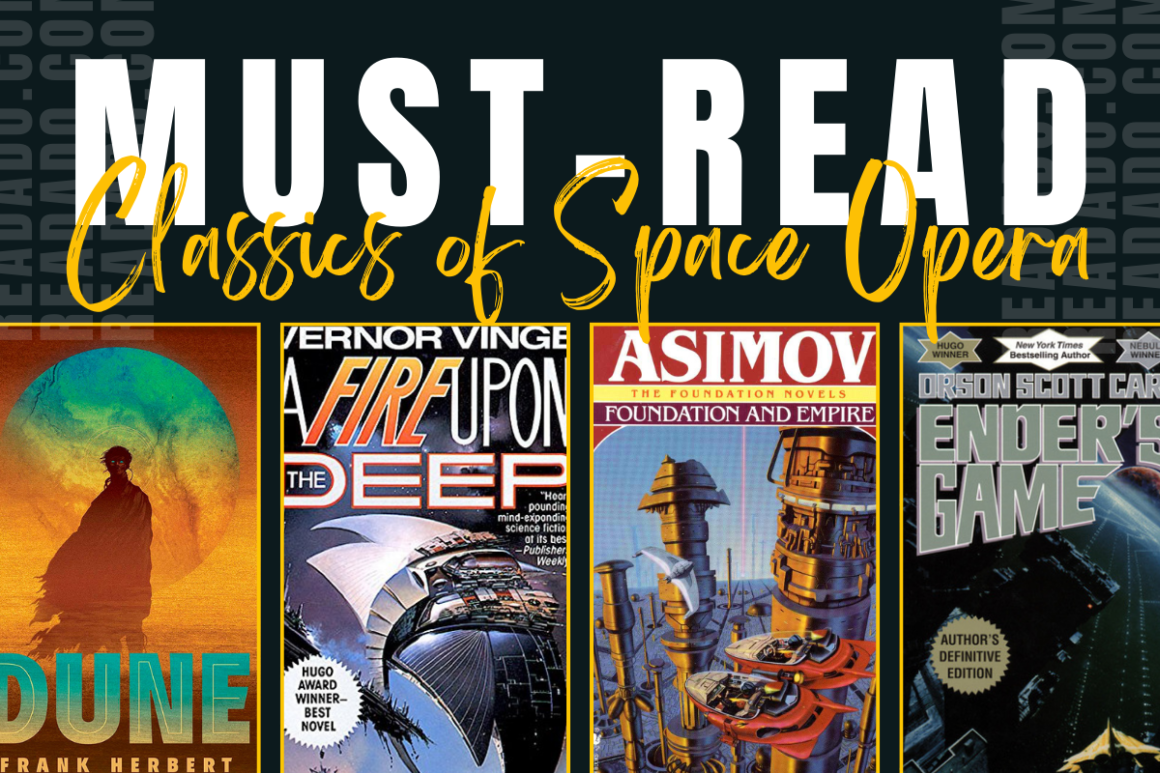
These legendary space operas have shaped the genre and continue to captivate readers:
- Dune (1965) by Frank Herbert: This epic saga explores themes of politics, ecology, and religion on the desert planet Arrakis, where the spice melange holds immense power.
- A Fire Upon the Deep (1992) by Vernor Vinge: This mind-bending tale explores a universe divided by faster-than-light travel technology, with profound consequences for communication and societal structures.
- The Foundation Series (1942-1950) by Isaac Asimov: This series follows the decline and fall of a galactic empire and the efforts of the Foundation, a group tasked with preserving knowledge and rebuilding civilization.
- Ender’s Game (1985) by Orson Scott Card: This thought-provoking novel explores the themes of child soldiers, strategy, and the ethics of war in a future where humanity is threatened by an alien species.
This list barely scratches the surface of classic space operas. Many other incredible works deserve exploration, such as:
- The Left Hand of Darkness (1969) by Ursula K. Le Guin
- The Hitchhiker’s Guide to the Galaxy (1979) by Douglas Adams
- [A] Fire Upon the Deep (1992)” by Vernor Vinge
- The Mote in God’s Eye (1974) by Larry Niven and Jerry Pournelle
Modern Space Operas You Won’t Want to Miss
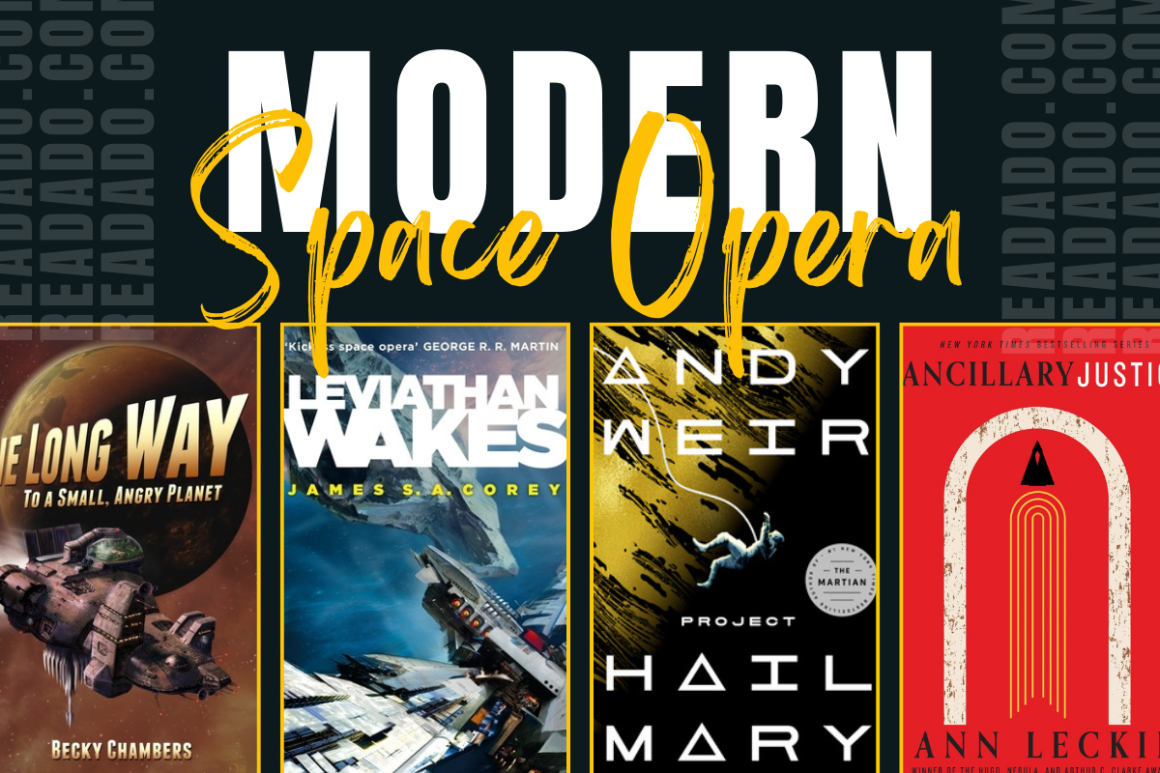
The genre continues to flourish with new and exciting space operas:
- The Long Way to a Small, Angry Planet (2014) by Becky Chambers: This heartwarming space opera focuses on a crew who travel the galaxy, accepting jobs that involve mediation, trade, and cultural exchange. It offers a refreshing take on the genre, emphasizing exploration, found family, and the beauty of diverse cultures.
- Leviathan Wakes (2011) by James S.A. Corey (pen name for Daniel Abraham and Ty Franck): This is the first book in the Expanse series, a gritty and realistic space opera set in a colonized solar system where humanity, Martians, and Belters (asteroids miners) vie for power and resources.
- Ancillary Justice (2013) by Ann Leckie: This award-winning space opera features a unique perspective, narrated by an AI controlling a starship. It tackles themes of imperialism, gender identity, and cultural clash in a thought-provoking way.
- Project Hail Mary (2021) by Andy Weir: This captivating story follows an amnesiac astronaut who wakes up on a spaceship hurtling towards a distant star system with no memory of his mission or crew. Filled with scientific puzzles and thrilling action sequences, it’s a must-read for fans of hard science fiction.
These are just a few examples of the many incredible modern space operas waiting to be discovered.
Finding Your Perfect Space Opera
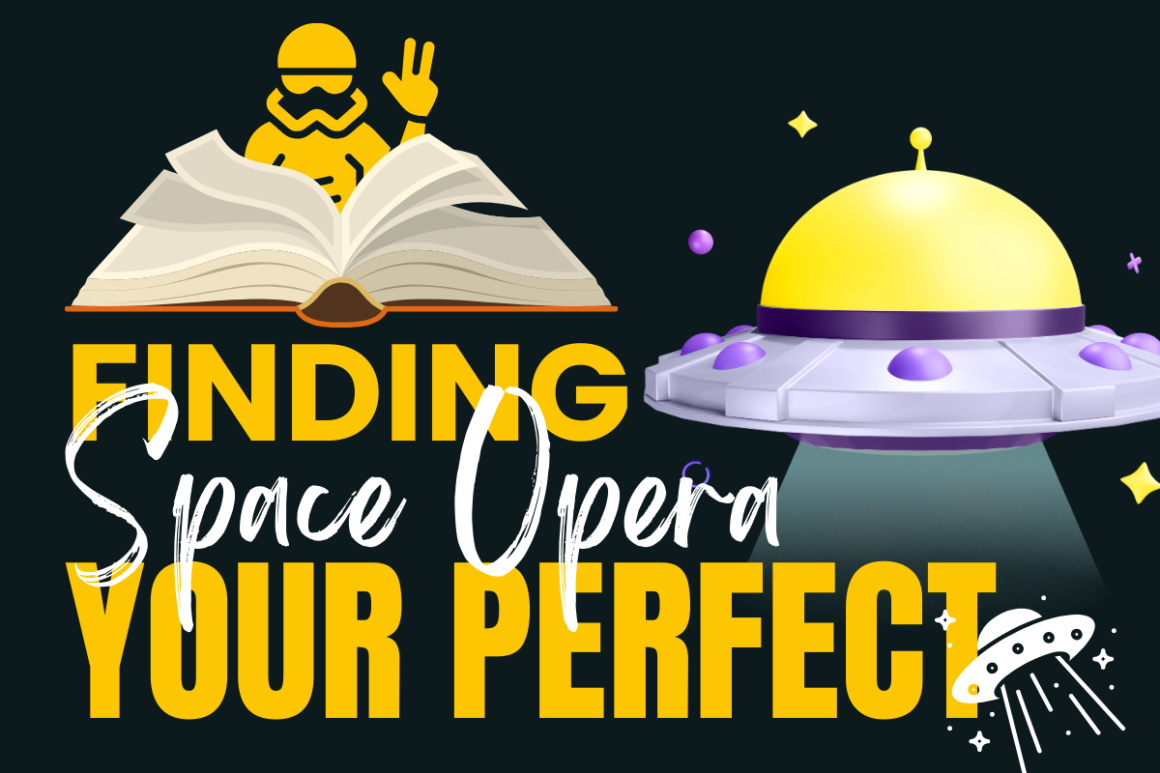
With so many fantastic space operas available, how do you choose the right one for you? Here are some tips:
- Consider what elements appeal to you: Do you crave epic space battles, intricate political intrigue, or heartwarming stories of exploration and discovery?
- Explore subgenres: Space opera encompasses a wide range of subgenres, such as military space opera, space westerns, and comedic space opera. Find one that aligns with your interests.
- Read reviews and recommendations: Online resources and blogs can provide valuable insights and help you discover hidden gems.
FAQs About Space Opera Books
- What is the difference between space opera and science fiction? While space opera is a subgenre of science fiction, it generally features a more optimistic outlook, grander scale, and a focus on adventure. Science fiction can encompass a wider range of themes and tones.
- Are space opera books for adults or young adults? There are space operas suitable for both audiences. Look for age recommendations or content warnings when choosing a book.
- Where can I find space opera books? You can find space opera books in libraries, bookstores, and online retailers.
Conclusion
Space opera books offer a captivating escape into a universe brimming with possibilities.
Whether you seek thrilling adventures, awe-inspiring world-building, or thought-provoking narratives, there’s a space opera out there waiting to be discovered.
So, grab your favorite reading device, chart a course for adventure, and prepare to be swept away by the magic of space opera!
What are some of your favorite space opera books?
Share your recommendations in the comments below!

